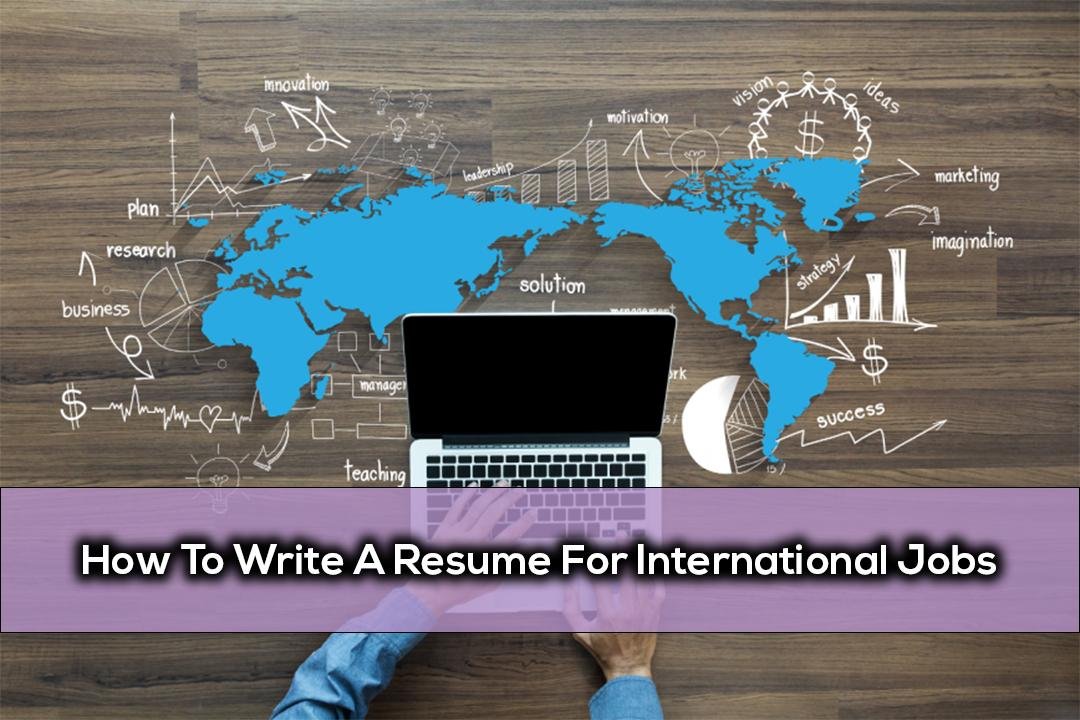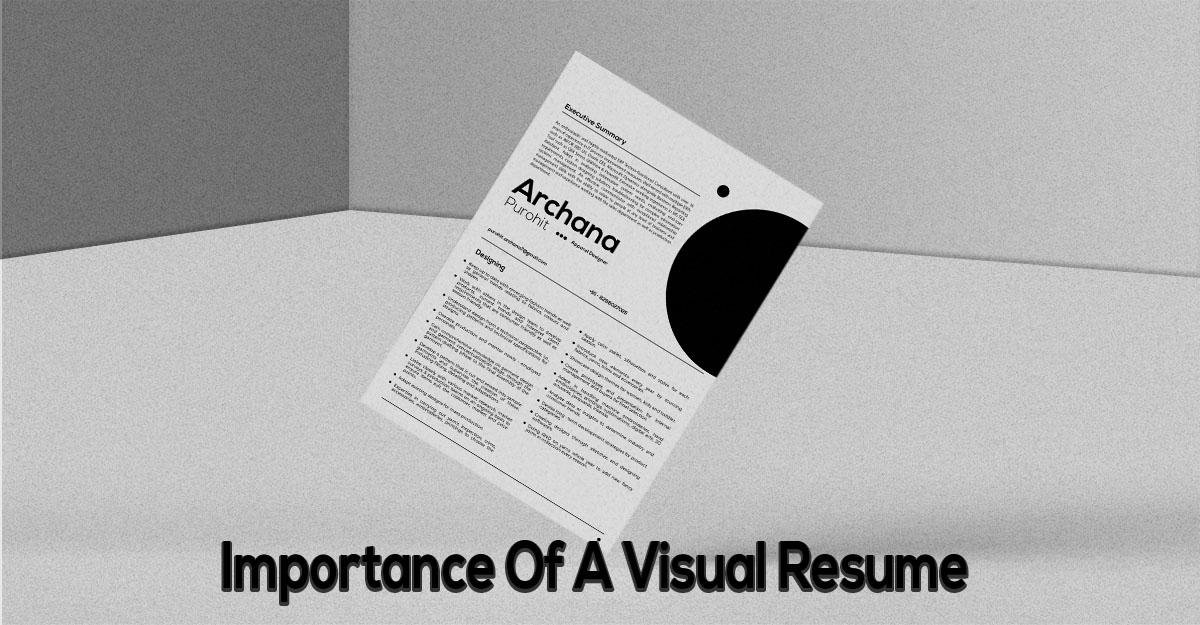Crafting a Resume for a Supply Chain Management Role: Key Sections

In today's competitive job market, having a well-crafted resume is essential to stand out from the crowd, especially when vying for roles in supply chain management. A resume serves as your first impression to potential employers, showcasing your skills, experience, and qualifications. Crafting a resume tailored specifically for supply chain management roles requires careful attention to detail and strategic planning. In this guide, we'll walk you through the key sections that should be included in your resume to maximize your chances of landing your dream job in the field of supply chain management.
1. Contact Information
The first section of your resume should include your full name, professional title, phone number, email address, and LinkedIn profile (if applicable). Make sure your contact information is up-to-date and easily accessible for recruiters.
2. Professional Summary
A compelling professional summary provides a brief overview of your background, highlighting your relevant experience and skills in supply chain management. Tailor your summary to align with the specific job requirements and emphasize your unique value proposition.
3. Core Competencies
List key skills and competencies relevant to supply chain management, such as inventory management, logistics, procurement, and supply chain optimization. Use bullet points to make this section easy to scan for recruiters.
4. Work Experience
Detail your work history in reverse chronological order, starting with your most recent position. Highlight your accomplishments and quantify your achievements whenever possible. Focus on experiences that demonstrate your ability to manage supply chains effectively and drive business results.
5. Education
Include your educational background, including any relevant degrees, certifications, or training programs related to supply chain management. Highlight any honors or awards received during your academic career.
6. Professional Affiliations
If you're a member of any professional organizations or industry associations related to supply chain management, mention them in this section. This demonstrates your commitment to ongoing professional development and networking within the field.
7. Technical Skills
In today's digital age, proficiency in relevant software and technologies is crucial for supply chain professionals. List any technical skills or software programs you're proficient in, such as ERP systems, data analytics tools, and supply chain management software.
8. Additional Sections (Optional)
Depending on your individual background and experiences, you may choose to include additional sections such as language proficiency, volunteer work, or professional references. Only include sections that add value and relevance to your resume.
By structuring your resume with these key sections, you'll present yourself as a strong candidate for supply chain management roles. However, it's not just about including these sections—it's also about how you present the information within each section. Use concise language, quantify your achievements, and tailor your resume to each specific job application to maximize your chances of success.
Crafting a standout resume can be a daunting task, but you don't have to go it alone. Consider enlisting the help of professional resume writing services like IRC Resume to ensure your resume truly shines. With expert guidance and industry-specific knowledge, they can help you craft a winning resume that sets you apart from the competition.
In conclusion, a well-crafted resume tailored for supply chain management roles is essential for success in today's job market. By including key sections such as contact information, professional summary, work experience, and technical skills, you'll present yourself as a highly qualified candidate to potential employers. Don't underestimate the importance of a well-written resume—invest the time and effort to make yours stand out and propel your career forward.









